29 October 2023 | 10:00 PM - 31 December 2023 | 9:59 PM
Eastern Cape Provincial Initiation Project
The Eastern Cape is well known for the practice of Isiko lolwaluko (male traditional initiation) and is a tradition that remains widely practised and historically documented in reports dating from 1789. The practice usually takes place at initiation schools, undertaken in areas that may encompass a lodge built at a secluded location, sometimes in the mountains, which was not easily accessible or identifiable. While initiation schools are usually located in secluded areas so as not to compromise their operations and functionality, their remoteness and inaccessibility are major obstacles in cases of emergency (such as medical emergencies). On the other hand, the establishment of initiation schools in crowded urban areas without the authority of a traditional leader and also with insufficient space for appropriate initiation activities poses its own unique challenges.
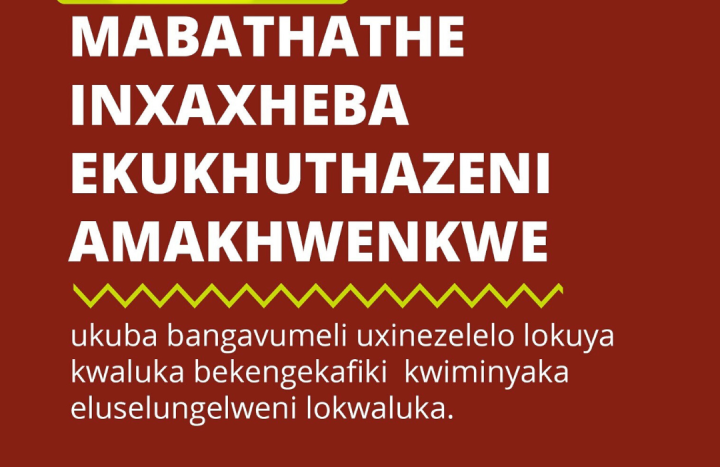
UN entities involved in this initiative
RCO, UNFPA, UNICOther Organizers
Eastern Cape Provincial GovernmentSustainable Development Goals
Location
About the initiative
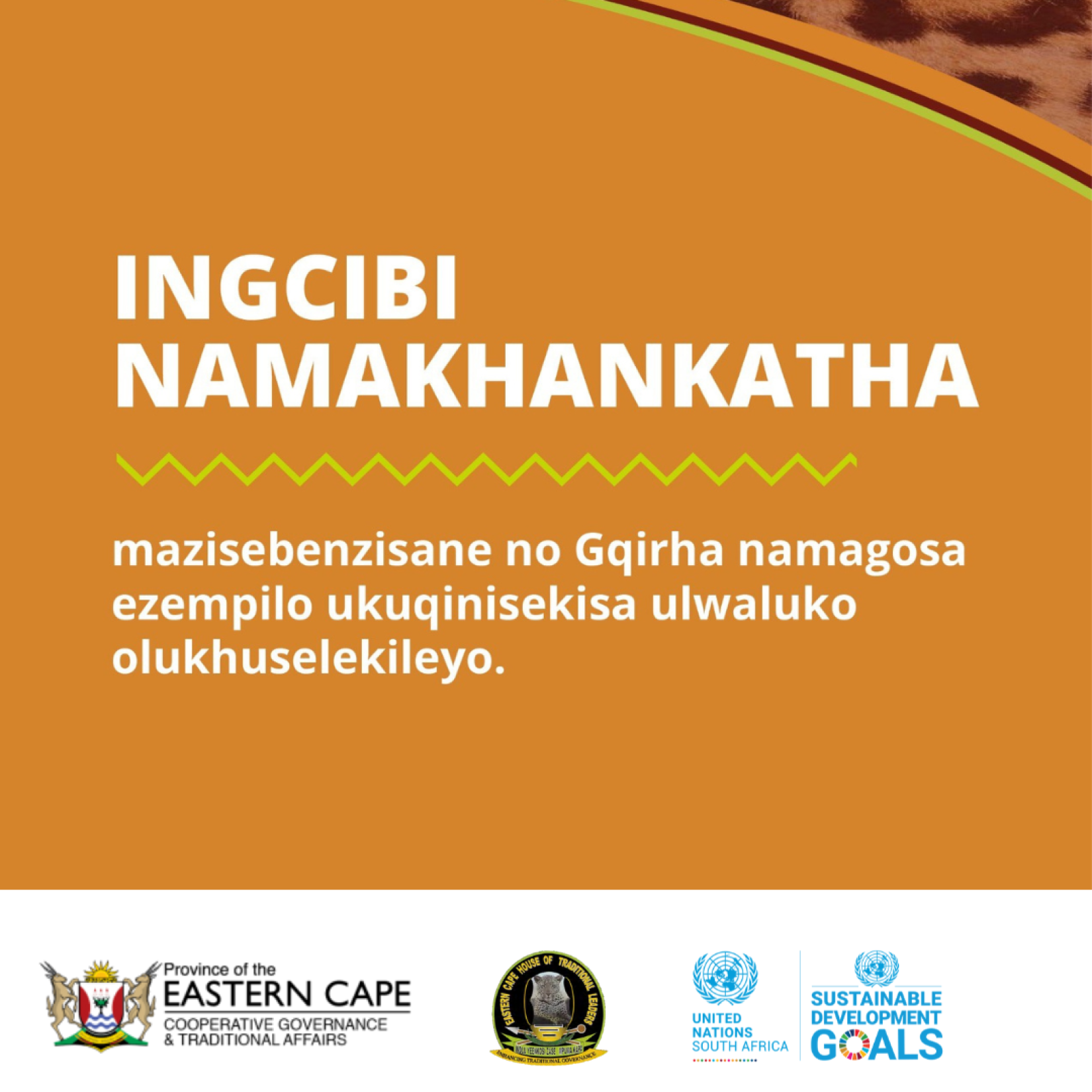
Initiation is a sacred and respected customary practice used as a rite of passage to adulthood, and in South Africa is practiced by numerous traditional communities. The rite of passage is an embodiment of ideals, values and aspirations of both the individual and the community, reflected in the transfer of certain knowledge and practices during the rite, including teachings about culture and tradition, and the performance of many secret and sacred religious rituals.[1] Initiation was and still is considered an important, exciting part of the upbringing of young men, without which they can neither participate in the social activities and affairs of their communities, nor take up the advances of the opposite sex in preparation for marriage.[2]
Currently in South Africa, this rite of passage is permitted to be practiced only in traditional initiation schools that are approved by government authorities. The operating permit or legal status is awarded to traditional initiation schools after they have complied with the current regulations. However, there are challenges related to compliance and verification in legal initiation schools and despite government efforts against illegal circumcision schools and illegal traditional surgeons, some schools are not registered with and endorsed by relevant bodies. [1]
The Commission for Gender Equality (CGE) conducted a study in the 2020/21 financial year to examine factors that lead to the emergence, persistence, and prevalence of illegal initiation schools in South Africa. The study found that there are ‘push’ and ‘pull’ factors playing a role to the emergence and persistence of illegal initiation schools. ‘Push factors’ are explained as those conditions and circumstances that compel the initiates (often against their will) to subject themselves to the practices of illegal initiation schools, while ‘Pull factors’ are those factors that are attractive and positively associated with the act of initiation, circumcision.
The study further identified peer-group pressure as one of the key push factors, in that, illegal initiation schools provided boys and young men with the quickest route to fit in with their peers given that the process of entering illegal initiation was deemed lax.
The CGE study suggested the lack of financial resources as another push factor. The commercialisation of the tradition of initiation was perceived as being responsible for the escalation of illegal initiation schools. The findings also indicated that, to a very large extent, the lack of financial resources emerged as a push factor for boys and young men to opt for illegal initiation schools, implying that such schools were more affordable.
Alarmingly the study further noted that initiates voluntarily subjected themselves to initiation and circumcision practices by illegal and unregistered facilities. The findings revealed that initiates attended these schools to show respect for the cultural practice by both the caregivers and the initiates; the idea of transitioning from boyhood to manhood; and the promise of the benefits of being an adult, such as the ability to take a wife and be given adult responsibilities, and thus avoiding the disrespect that comes with being an uninitiated young man or boy.
It has been widely reported that over the past decade that some of these illegal schools have been responsible for violating the law, including violations of the human and other rights of many boys and young men. Over the years, some of these illegal operations have led to numerous injuries, as well as fatalities. It has been acknowledged that the majority of injuries and fatalities that occur at initiation schools are mainly due to the lack of compliance with regulations and to the untrained traditional surgeons who perform the circumcision ritual on male initiates. Studies conducted note that some initiation schools have been opened for personal financial gain, with some unregulated traditional surgeons and owners of initiation schools main aim to generate an income.
In many instances the general care provided to initiates is of poor quality. They are exposed to harsh environmental conditions with insufficient or poor shelter being provided. There is also a lack of access to clean water and appropriate nutrition. In the context of male-circumcision and HIV and AIDS, there is a grave risk that the observance of the custom could be a breeding ground for infections as reportedly, in some instances, the surgical instrument is used on more than one boy at a time without being sterilised. It has also been stated that existing health conditions of initiates are not taken into consideration, resulting in the deterioration of health conditions of initiates.
There are also allegations of drug and substance abuse at initiation schools.
READ more from Policy Brief: https://southafrica.un.org/en/241544-policy-brief-customary-practice-in…

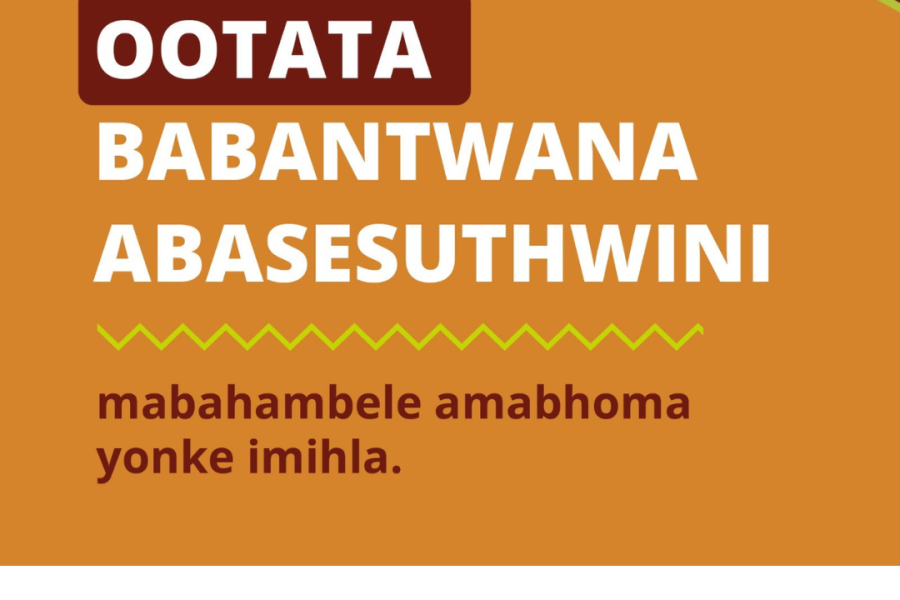
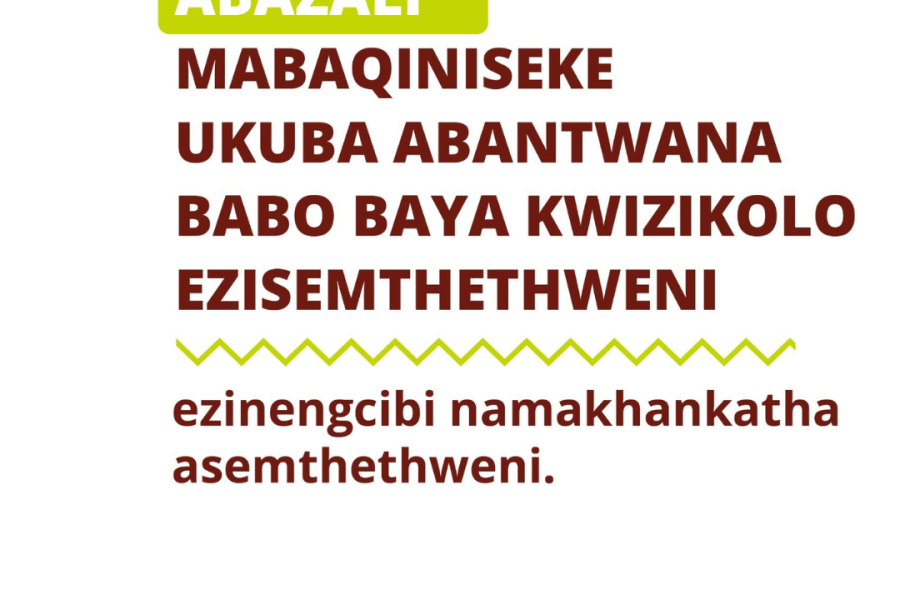
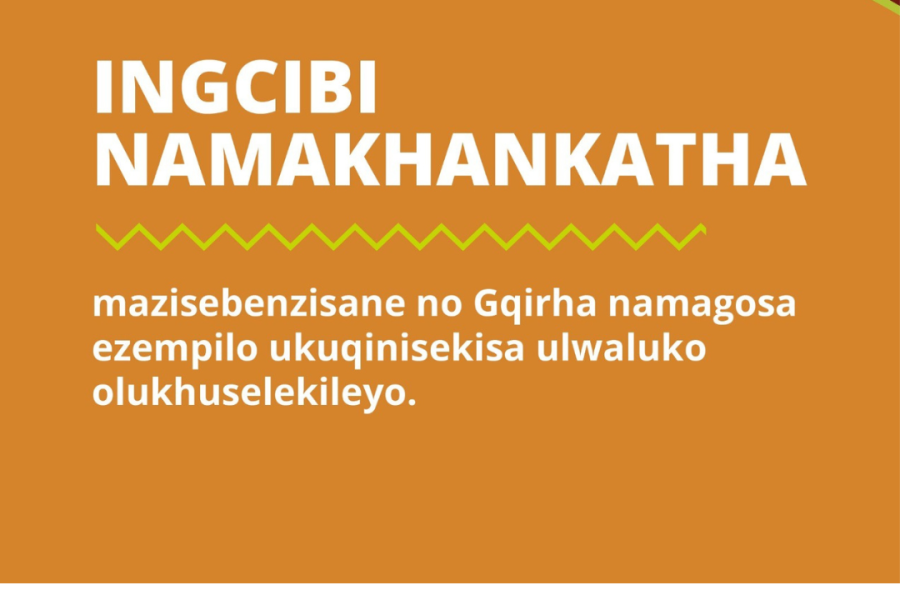
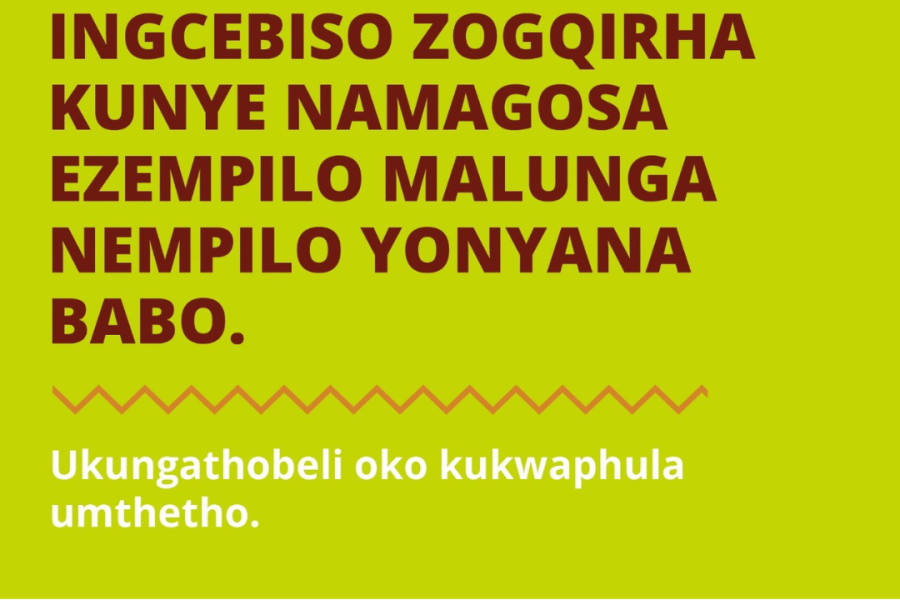
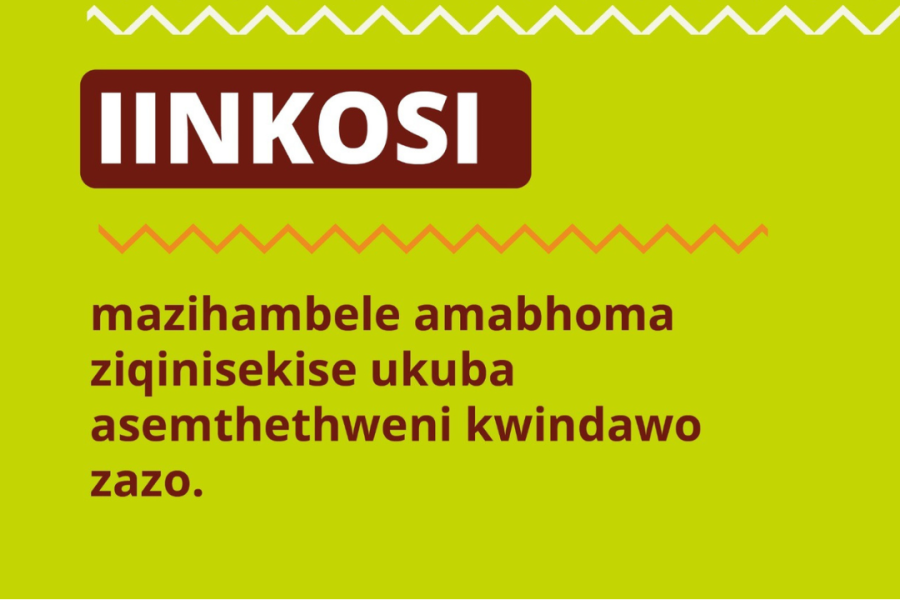
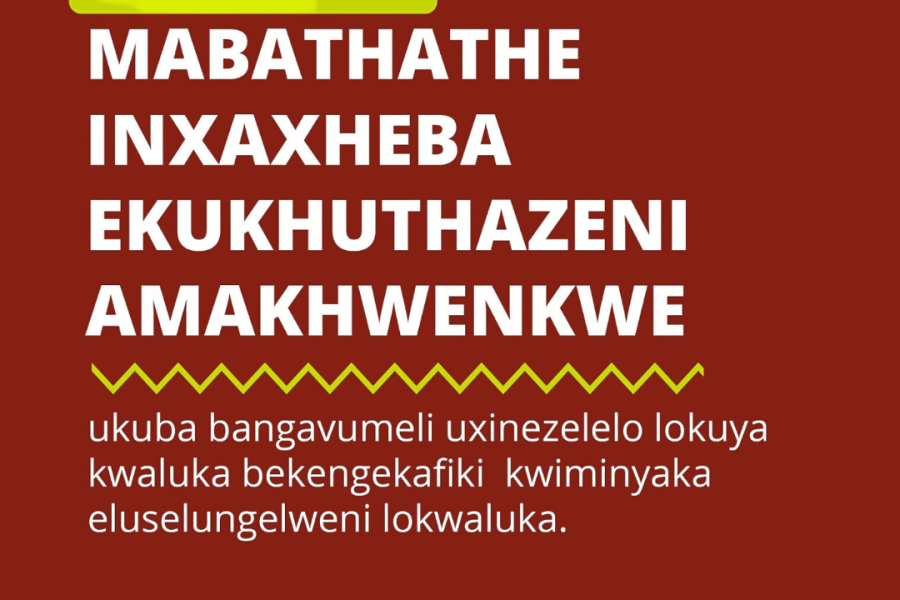
Speakers

